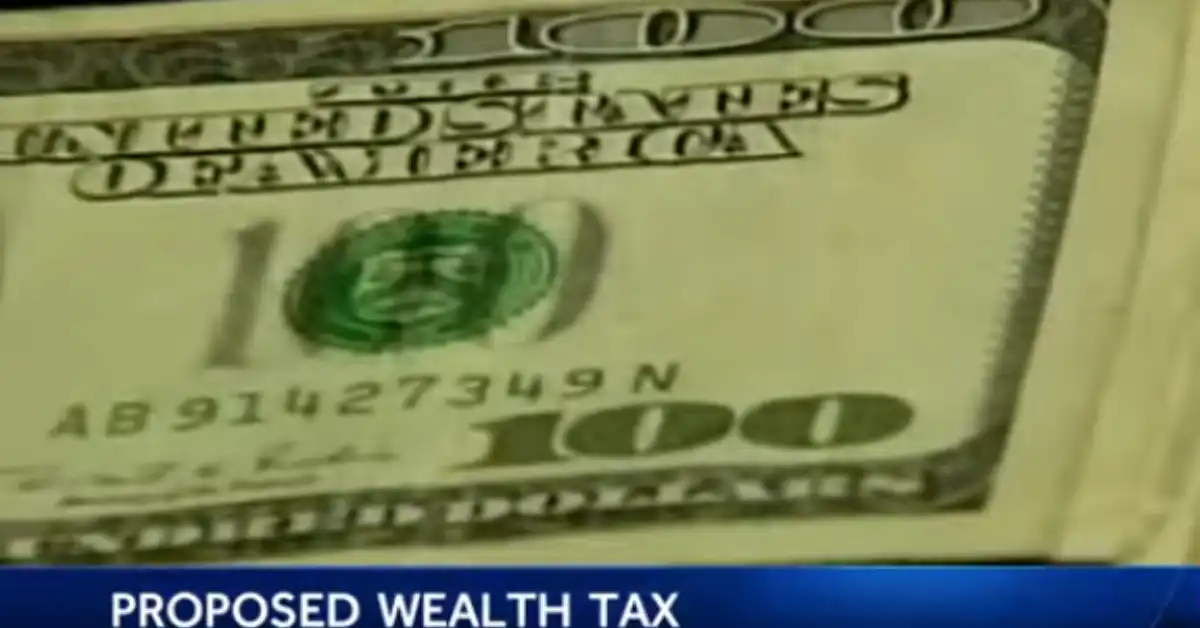California Faces Budget Deficit: Lawmakers Consider New Wealth Tax On Billionaires
Despite having a strong economy and a wide range of financial resources, California is currently facing a large budget deficit. This situation has forced state lawmakers to consider creative ways to rectify the budget gap.
The state makes significant contributions to the national economy, which highlights the seriousness of the crisis and emphasizes how important it is to resolve this imbalance for both California and the larger U.S. economy.
Proposed Wealth Tax: Targeting The Ultra-Rich
The State Assembly’s Revenue and Taxation Committee is taking a risk by reexamining Assembly Bill 259, a bill that was first put out by Democratic Assemblyman Alex Lee in 2023. The purpose of this measure is to impose a new type of taxation on the state’s wealthiest citizens.
The plan that is being presented would impose a 1.5% tax on the assets of Californians who have a net worth of more than $1 billion worldwide, beginning in 2024.
Furthermore, the law aims to tax individuals with a net worth of $50 million at 1% by 2026. By focusing on accumulated wealth instead of traditional income-based taxation, this strategy marks a considerable departure from that model.
For the most recent news, please take a look at the link provided below:
- Winter Storm Preparation: Essential Tips for Lake County Residents
- Nelson County Sheriff’s Office Found Body in Burned Vehicle
Implications And Debates
Both praise and criticism for this suggestion have been expressed as the committee gets ready for a crucial meeting that is scheduled for this Wednesday afternoon.
Proponents contend that in addition to tackling wealth disparity, such a tax may bring up a much-needed source of money to reduce the budget deficit.
California’s richest could see new tax if bill passeshttps://t.co/sEOlQBcLtD
— Videotape (@fpsqwkvob5) January 9, 2024
Opponents, however, express worries about the possible effects on the state’s economy, especially with regard to investment and the likelihood that affluent people will relocate in order to evade the tax.
The significance of the impending discussions is underscored by the possibility that the conclusion of this debate could establish a precedent for similar programs across the country.


